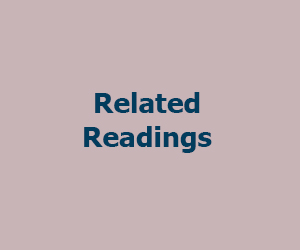CICS 305
Social Issues in Computing
CICS 305 satisfies the Junior Year Writing (JYW) requirement for CS and Informatics Majors at UMass. This class satisfies the Junior Year Writing requirement by providing instruction in several different technical communication genres, research writing, and academic writing. Writing opportunities will take many forms, including writing for electronic environments, collaborative writing, and public writing. Through our writing, we will carefully analyze texts representing a range of disciplinary perspectives, levels of technological adoption (or adaptation), and civic engagement. Overall, this analysis will explore various impacts of computers on modern society.
- After successfully completing CICS 305, students can:
- Demonstrate awareness of audience.
- Practice using the writing process (planning, drafting, revising, and editing).
- Meet expectations of convention and genre relevant to the computer and information sciences.
- Construct credibility through evidence and language choices.
- Use writing to demonstrate understanding of, and to address, social and ethical issues in computing.
- Evaluate, incorporate, and reference information in ways that demonstrate attention to accuracy and integrity.
As a JYW course, CICS 305 has been certified to uphold specific characteristics by the Unviersity Writing Committee. Some of those characteristics include: disciplinary focus, peer review, written feedback from the professor, frequent writing assignments resulting in 20-25 pages of polished text, specific instruction in information literacy methods/tools, and exposure to the written aspects of career preparation. As an upper-level writing course, CICS 305 teaches English grammar rhetorically and contextually on an individual basis when needed as its prescribed focus is on higher order rhetorical concerns such as pupose and audience. As a result, writing instruction, practice, and feedback will reflect attention to audience, purpose, and a precise, concise style of writing that is valued within the computer science field.

